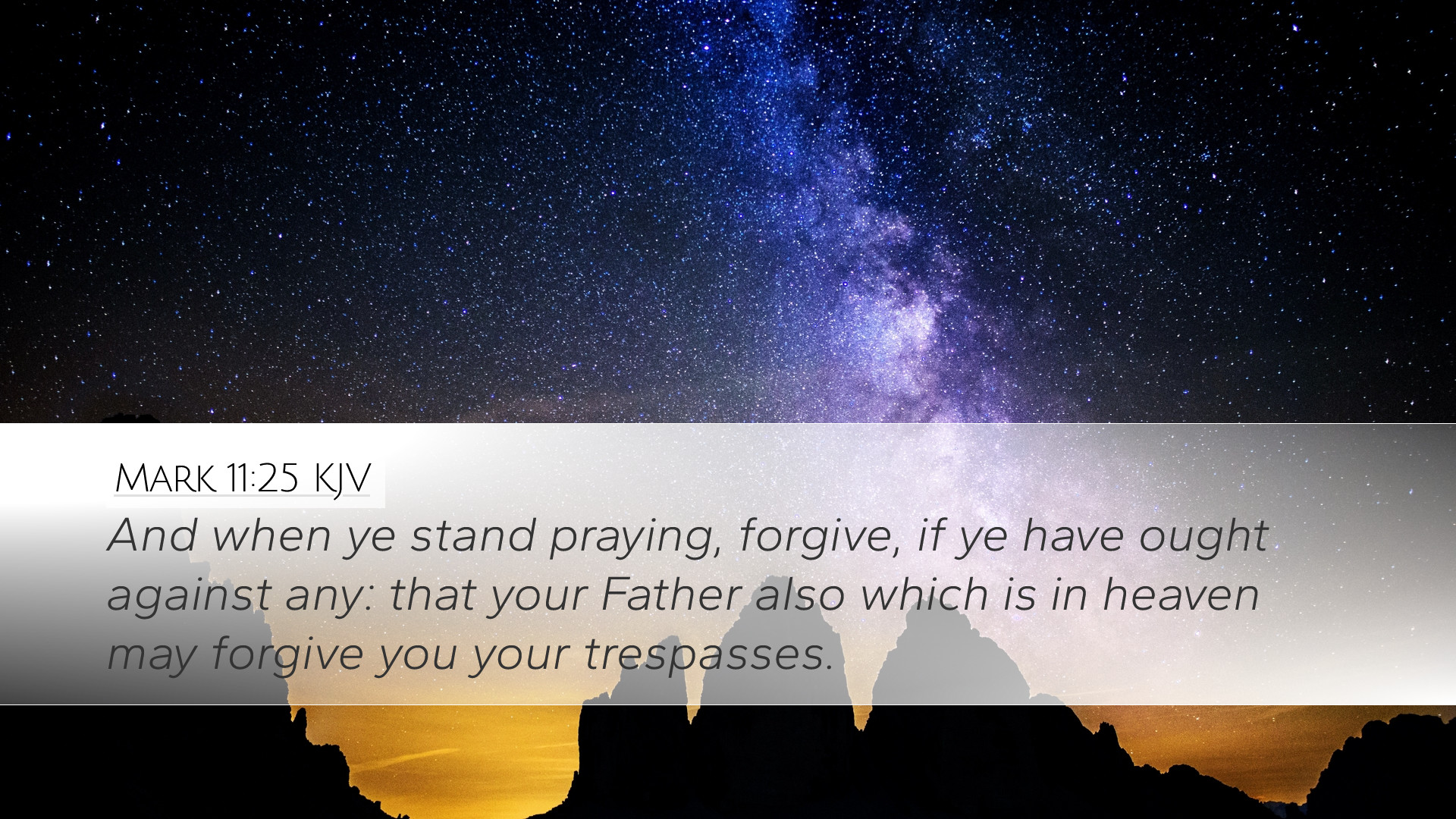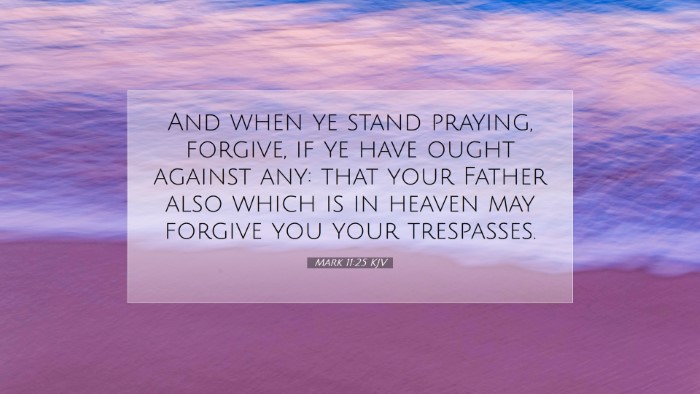Old Testament
Genesis Exodus Leviticus Numbers Deuteronomy Joshua Judges Ruth 1 Samuel 2 Samuel 1 Kings 2 Kings 1 Chronicles 2 Chronicles Ezra Nehemiah Esther Job Psalms Proverbs Ecclesiastes Song of Solomon Isaiah Jeremiah Lamentations Ezekiel Daniel Hosea Joel Amos Obadiah Jonah Micah Nahum Habakkuk Zephaniah Haggai Zechariah MalachiVerse
Mark 11:1 Mark 11:2 Mark 11:3 Mark 11:4 Mark 11:5 Mark 11:6 Mark 11:7 Mark 11:8 Mark 11:9 Mark 11:10 Mark 11:11 Mark 11:12 Mark 11:13 Mark 11:14 Mark 11:15 Mark 11:16 Mark 11:17 Mark 11:18 Mark 11:19 Mark 11:20 Mark 11:21 Mark 11:22 Mark 11:23 Mark 11:24 Mark 11:25 Mark 11:26 Mark 11:27 Mark 11:28 Mark 11:29 Mark 11:30 Mark 11:31 Mark 11:32 Mark 11:33

